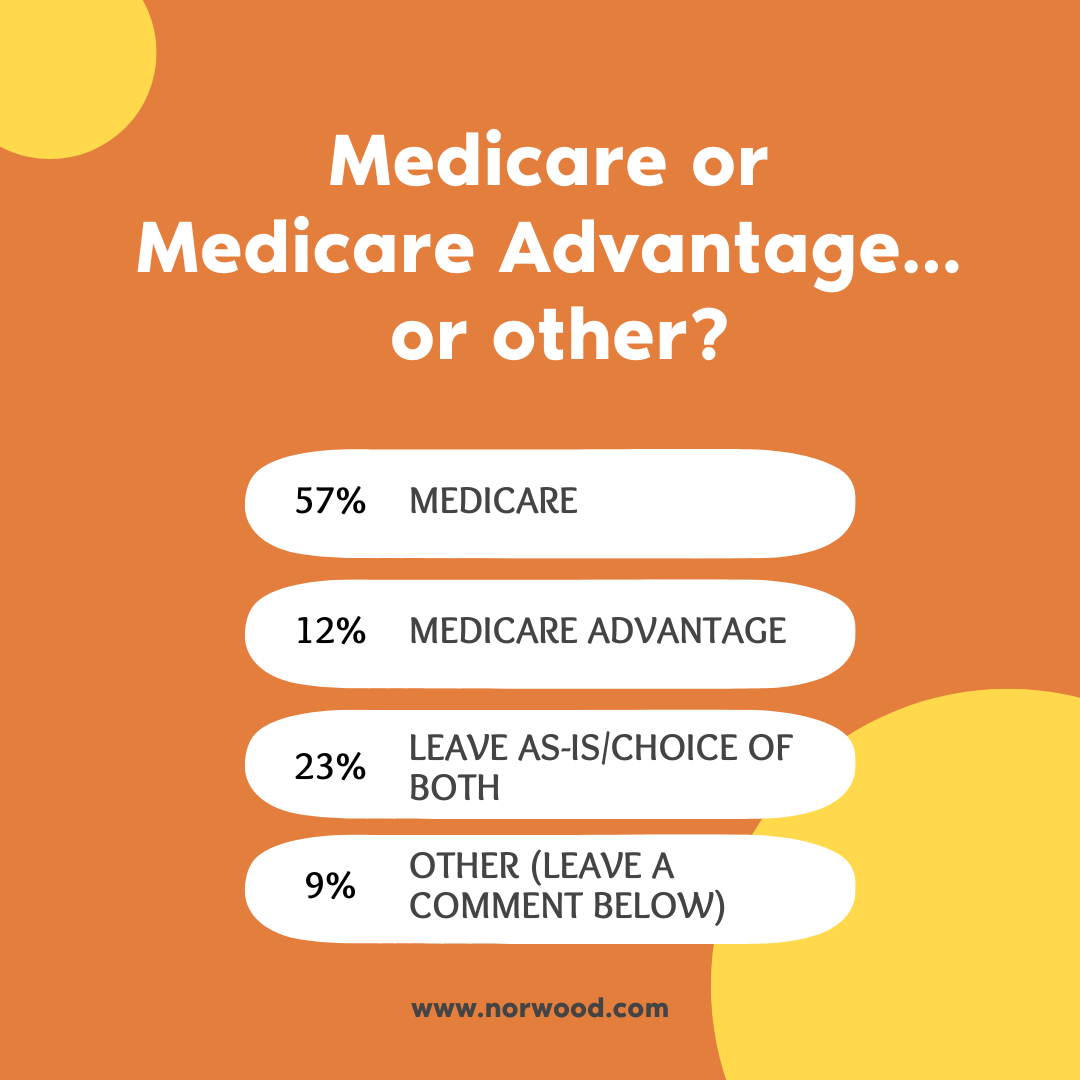Medicare vs. Medicare Advantage: Which will (and which should) come out on top?

By Brian Murphy
Is anyone else as interested as I am in the ongoing power struggle of Medicare vs. Medicare Advantage (MA)?
Established in 1965, Medicare has been dominant for decades. But MA, introduced in 2003, is its 20th year set to surpass Medicare in number of covered lives.
We’re possibly at a tipping point, with MA poised to come out on top.
An old model giving way to the new. It happens with everything in life, why not healthcare?
But, not so fast.
A recent article by Beckers, “Hospitals sour on Medicare Advantage: 8 things to know” (see below) paints a less than rosy picture of MA. Per Fierce, some hospital systems are opting out due to “steep losses amid excessive prior authorization denial rates and slow payments from insurers.”
My most recent episode of Off the Record featured a guest whose employer, Scripps Health, recently decided to opt out of its MA plans.
So, the debate continues. Private(ish) vs. public. Medicare Advantage vs. Medicare.
There are acknowledged problems with both.
If we believe the likes of the AHA, Medicare underfunds care (84 cents on the dollar, see below) and is still mired largely in an outdated fee-for-service model.
Medicare has made changes to move toward value-based purchasing over the years, but too slowly. Medicare running on its own was/is projected for insolvency.
MA with its HCC/risk capture seems better suited for cost control (here’s a fixed annual amount, treat the patient within that amount). I personally like the concept.
But as we’ve seen it’s prone to abuse and gaming, including upcoding and denying medically appropriate care. These increase revenues and lower costs while boosting profits for executives and shareholders, at the expense of patients and taxpayers.
Where do we go from here? “Which is worse? Let’s go with the other” is probably not the best solution to the problem.
There are other options.
Much of the rest of the world is single-payer. But even that is not so simple (some of these “single payers” permit private supplemental insurance and third party services). And debate rages about lack of access and a lack of incentives for new drugs and new technologies.
The U.S. is not the rest of the world. Our government still touts U.S. healthcare as the best in the world, despite its well-documented problems (and despite a recent decline in life expectancy). We’ve always had private insurance.
So, Medicare vs. Medicare Advantage. Or perhaps the same hybrid model, and let’s see who wins over time. And continue to push for reforms.
Or some third way?
Where do you stand? I recently asked this poll on LinkedIn and here are the results:
Medicare or Medicare Advantage (or other)?
Medicare 57%
Medicare Advantage 12%
Leave as-is/choice of both 23%
Other (comment below) 9%
So it seems that even though MA appears to be winning in the marketplace, those in the CDI and coding professions prefer Medicare over MA by a near 5:1 margin.
Other comments included a few calls for Universal Healthcare/some version of Medicare for All.
References
AHA, Proposed Medicare Cuts Jeopardize Access to Care for Patients and Communities: https://www.aha.org/news/opinion-editorial/2023-07-07-proposed-medicare-cuts-jeopardize-access-care-patients-and-communities#:~:text=The%20reality%20is%20Medicare%20severely,for%20Medicare%20patients%20in%202020
Beckers, Hospitals sour on Medicare Advantage: 8 things to know: https://www.beckershospitalreview.com/finance/hospitals-sour-on-medicare-advantage-8-things-to-know.html
Off the Record episode 29: https://podcasts.apple.com/us/podcast/a-clinical-vision-of-risk-adjustment-meet-katie-mclaughlin/id1641739619?i=1000631733924
Related News & Insights
NEJM Study: AI not Ready to Perform Basic Medical Coding, Let Alone Replace People
By Brian Murphy In the battle of artificial intelligence (AI) vs. humans, score one for humanity. Yeah,…
Transforming Episode Accountability Model (TEAM) Reconfirms CMS Commitment to Bundled Payments and Value-Based Care
By Brian Murphy Every time I think bundled payments are out, they drag me back in. I…


